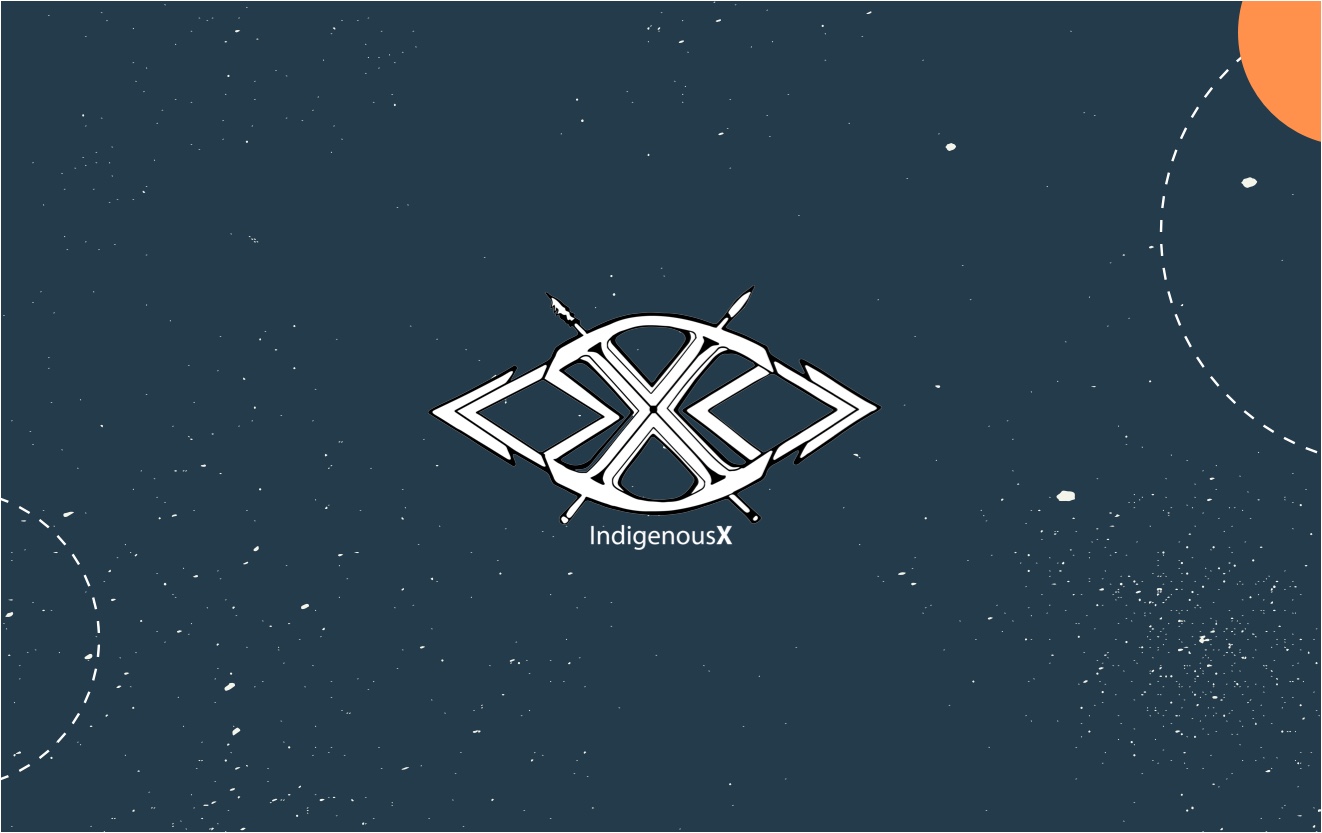Indigenous voices are re-emerging. We are representing ourselves once again
Just about everywhere I turn in Canberra I am reminded of how this city is a place of representations. From the mountains to the lake, from the numerous government buildings to the resistance camp at the Aboriginal Tent Embassy, these are all representations of power and agency.
Fire Bucket Dreaming– we are blessed to be surrounded by Indigenous voices
My grandfather, Colin Walker, is a Yorta Yorta man born on the banks of Dhunagla (the Murray River) at Cummeragunja in a small tin hut with a dirt floor, no windows – a corrugated iron structure that is long gone. A stone’s throw from the site of Pop’s birth is the Cummeragunja School House where my mother May went to school.
6 in 10 white Australians claim they have never met an Indigenous person… But so what?
Reconciliation Australia has found that six out of 10 Australians have had little or no contact with Aboriginal people. It is often held up as a sign of how far we still have to go on our national ‘Reconciliation journey’, and in some ways I can see the relevance but I also think it’s wrong to place too much stock on this statistic.
If you want progress on Indigenous issues, stop the paternal control and work with us
Working in Aboriginal and Torres Strait Islander affairs for more than 27 years through various government functions and more recently economic development at Indigenous Business Australia, I have had the privilege of working with many of our mob around programs and initiatives that attempt to address the disadvantage, over-representation and inequality our people face.
Can racism ever be casual?
In Australia, most of us have heard of the phrase ‘casual racism’. According to the Human Rights Commission it refers to ‘conduct involving negative stereotypes or prejudices about people on the basis of race, colour or ethnicity’ – which sounds a lot like racism, and doesn’t seem particularly casual either, at least not from the perspective of those on the receiving end.
Indigenous performing arts is a testament to collective drive and vision
If the recent skirmish over federal arts funding teaches us anything, it’s that even the best-laid plans are not set in stone. With a change of government or the swearing in of a new minister, an entire ecology can be swiftly placed in a precarious position. If the foundations are unstable, it can all come tumbling down.
I can’t describe the feeling of having to prove my Aboriginality. Am I lucky? Or unlucky?
I use the word “lucky” to describe my ability to obtain my confirmation of Aboriginality letter, but I think I just haven’t found the right word to describe my feelings about having to prove my identity to the university where I work.
We need safe housing for Aboriginal women and children. And we can’t wait for an election
The Barkly region is a hot spot for family violence and child abuse. The community is crying out for a strong response but the resources they have are inadequate, writes @IndigenousX host Fiona Hamilton, a Tasmanian Aboriginal woman of the Trawlwulwuy Nation, a writer, artist, family violence educator and activist. She is a survivor of family violence.




